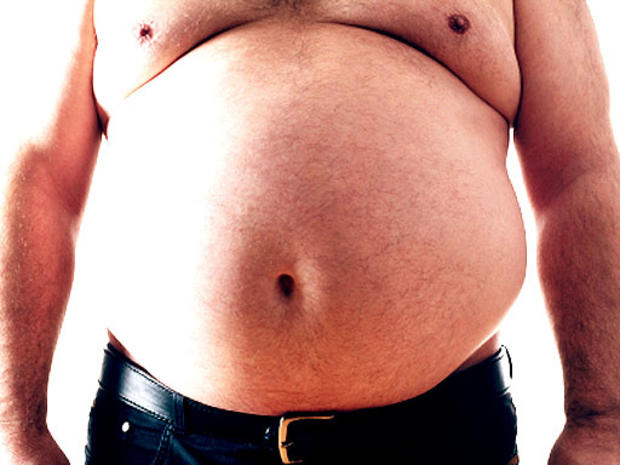Britain Pays People to Lose Weight: Should U.S.?
(CBS/AP) Will folks get in shape for enough cash? The British government is banking on it.
Doctors have long tried to persuade people to quit smoking, exercise more, and lose weight. But with mixed success on the exhortation front - and facing a rising obesity crisis - British officials are slowly abandoning the health argument and fattening peoples' wallets instead.
The U.K. has tested several programs that pay people to make healthy choices. Although the trials have been small, officials say they have been successful enough to roll out. This week, the government announced it will give out to families five million 50-pound vouchers that can be swapped for fruits and vegetables.
"We will be expanding programs that use financial incentives for healthy behavior where the evidence supports it," said a Department of Health spokesman, who, in line with government policy, did not want to be named.
In several London suburbs, the public transportation system ran a pilot study offering kids movie tickets or shopping vouchers if they walked to school. Similar projects are being considered for other parts of the country.
Britain also commissioned a commercial weight-loss system to test whether paying people to slim down worked. The program paid people up to the equivalent of $662 if they hit their weight-loss target and maintained it for about two years. Experts found that 400 people in a 2008 trial lost an average of nearly 15 pounds and kept it off for at least one year.
A pilot project in Scotland, meanwhile, offered poor pregnant women food vouchers worth the equivalent of $19.50 a week if they stopped smoking. After one month, nearly 60 percent of them had. After three months, almost 35 percent had.
But some experts say the success of cash-reward programs is limited because people can't stay on them forever.
"If you want to reduce obesity on a societal level, governments will have to make fundamental changes like altering food price systems to make healthy foods cheaper," says Dr. Tim Lang, a professor of food policy at City University in London who has advised the British government.
Interestingly enough, similar programs in the U.S. have largely flopped. An American study that examined seven employer-run programs found that the average person lost little more than a pound.
Maybe we love our Big Macs even more than free money.
MORE HEALTH CONTENT FROM CBS NEWS

